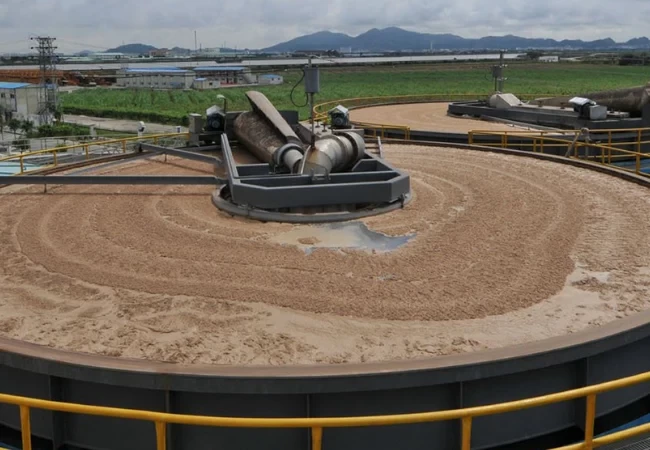5 Critical Benefits of Dissolved Air Flotation in Wastewater Treatment
Dissolved Air Flotation (DAF) is emerging as a leading method for wastewater treatment across various industries and municipal systems. With its unique approach to contaminant removal, DAF offers a range of benefits that enhance performance, efficiency, and environmental sustainability. Here’s a closer look at five critical advantages of using DAF in wastewater treatment.
-
Effective Removal of Contaminants
One of the standout features of DAF is its ability to effectively remove suspended solids, oils, grease, and other particulate matter from wastewater. The process works by introducing fine air bubbles into the water, which attach to the contaminants and cause them to float to the surface. This allows for easy skimming and removal, resulting in clarified water that meets or exceeds regulatory standards for discharge or reuse. The effectiveness of DAF in this regard makes it a preferred choice for industries dealing with complex wastewater streams.
-
Compact and Efficient Design
DAF systems are designed with a compact footprint, making them ideal for facilities with limited space. Unlike conventional sedimentation tanks or clarifiers, DAF units can be installed in existing treatment plants or smaller facilities without requiring significant structural modifications. Additionally, DAF systems generally have fewer mechanical components, leading to reduced maintenance needs and lower capital expenditures. This efficiency not only streamlines the treatment process but also makes DAF a cost-effective solution for many operations.
-
Flexibility in Handling Fluctuating Loads
Another significant advantage of DAF systems is their flexibility in handling variations in influent flow rates and contaminant concentrations. Industries often face fluctuations in wastewater characteristics, and DAF units can be adjusted to accommodate these changes without sacrificing performance. This adaptability ensures that treatment processes remain efficient and effective, regardless of the variations in wastewater input.
-
Enhanced Water Quality and Consistency
The flotation process in DAF not only clarifies water but also significantly reduces the levels of suspended solids and organic matter. This enhanced water quality makes it suitable for reuse in various industrial processes or for discharge into receiving waters, thus supporting environmental sustainability efforts. Consistently high-quality effluent helps industries meet regulatory requirements and contributes to the overall health of local ecosystems.
-
Reduced Chemical Usage
DAF systems typically require lower chemical usage compared to other treatment methods, particularly in terms of coagulants and flocculants. The efficient removal of contaminants minimizes the need for additional chemical treatments, leading to operational cost savings and reducing the environmental impact associated with chemical usage. This not only benefits the bottom line but also aligns with sustainability goals by decreasing chemical waste and potential pollution.
Conclusion
Dissolved Air Flotation is a powerful tool in wastewater treatment, offering numerous benefits that make it a preferred choice across industries. Its effectiveness in contaminant removal, compact design, flexibility in handling fluctuating loads, enhanced water quality, and reduced chemical usage highlight its advantages in performance and environmental sustainability. As industries strive to meet regulatory requirements and improve their ecological footprints, DAF stands out as a reliable and efficient solution for modern wastewater treatment needs.
With over 12 years of experience and more than 500 successful system installations, Alantech believes that effective wastewater management is vital for a sustainable future. Our team of experts develops and implements the best solutions that utilize innovative technologies to minimize environmental impact. From custom bottling machines to integrated water treatment plants, Alantech offers a wide range of solutions. For the best industrial water treatment plant, get in touch with Alantech.


